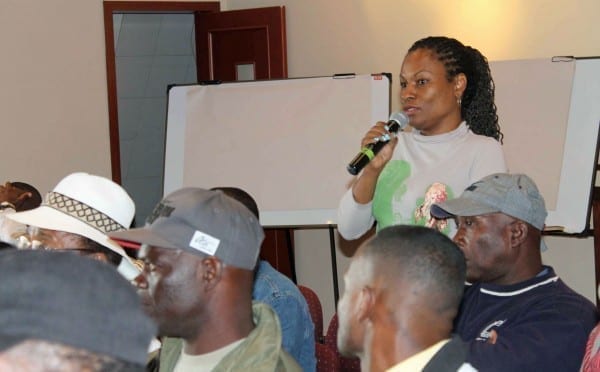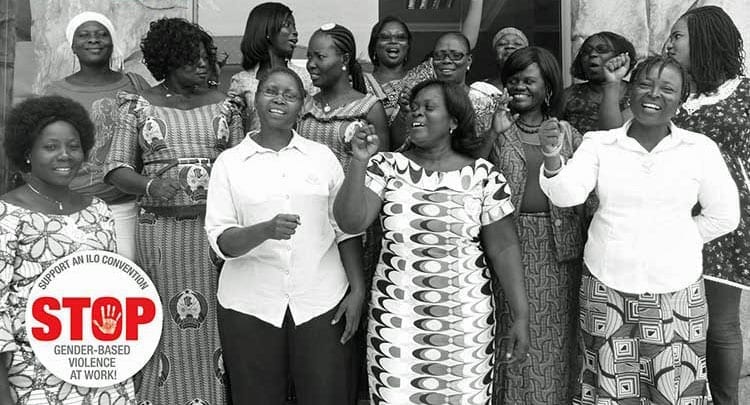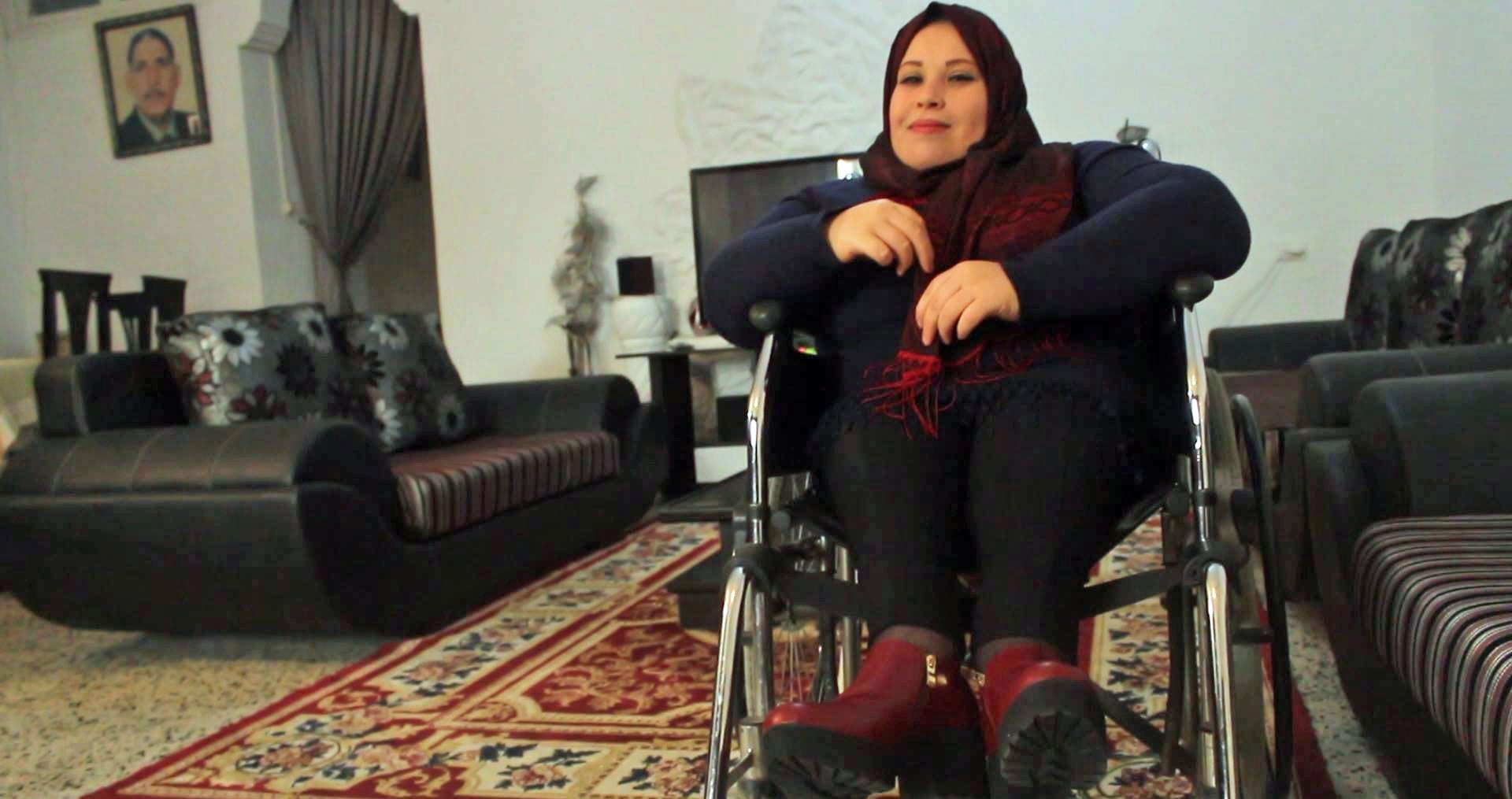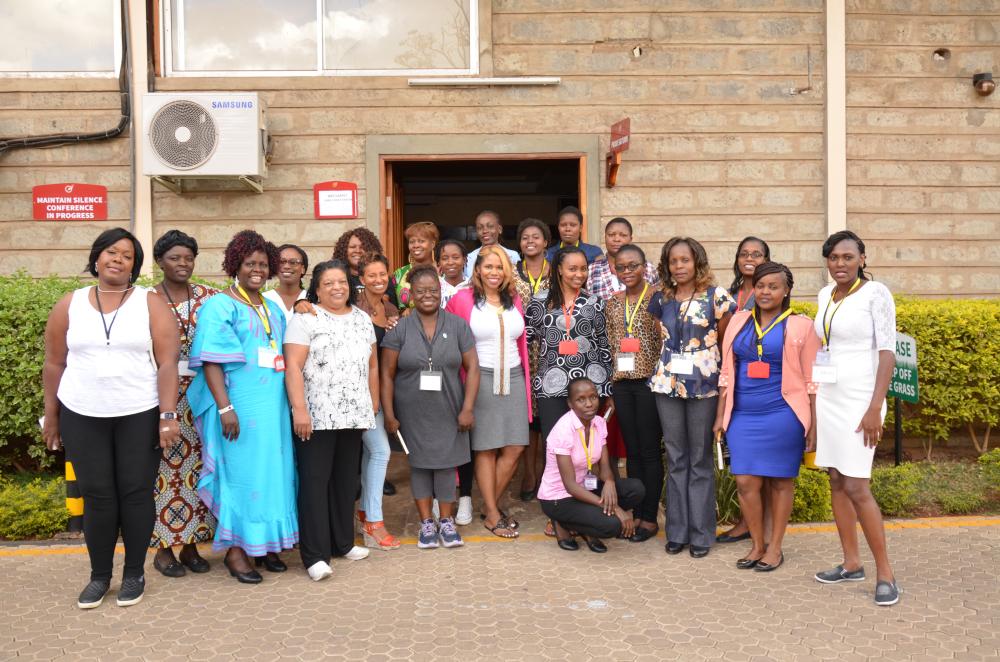No global data document gender-based violence at work. But across the board, gender-based violence remains one of the most tolerated violations of workers’ human rights. Some 35 percent of women over age 15—818 million women globally—have experienced sexual or...

The Solidarity Center supported the development of the Afro-Colombian Labor Council, the first national organization in Colombia dedicated to improving the working conditions of Afro-descendants. Credit: Solidarity Center/Rhett Doumitt
- Conducts research and awareness-raising to challenge systems of oppression and inform inclusive approaches to building worker power across social identities at all levels
- Supports representative, inclusive leadership in our partner organizations
- Engages in cross-movement work to combat tools of oppression that impact women, including gender-based violence and harassment at work
- Brings together unions and community groups to identify shared socioeconomic struggles, analyzes how those struggles are linked to systemic racism and implements organizing, legal and advocacy strategies to collectively overcome the oppression that entraps workers in poverty
- Advocates for economic policies that uproot systemic discrimination and exploitation in labor markets.
Surveys Show Challenges of Workers with Disabilities
Sana Sabheni, 32, is confined to a wheelchair at her home in a four-story apartment complex in Tunisia. She does not leave her apartment for months at a time because her building does not have an elevator. Without resources to enable her mobility, Sabheni, who lives...
U.S. Women Activists Connect with Kenyan Women Workers
Five black women activists representing the U.S. labor movement, the Black Women’s Roundtable and other causes working to promote women’s empowerment and gender equality, traveled to Kenya last week to connect with union women from the Central Organization of Trade...
No Results Found
The page you requested could not be found. Try refining your search, or use the navigation above to locate the post.



